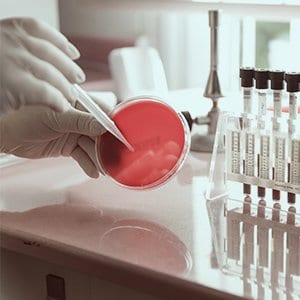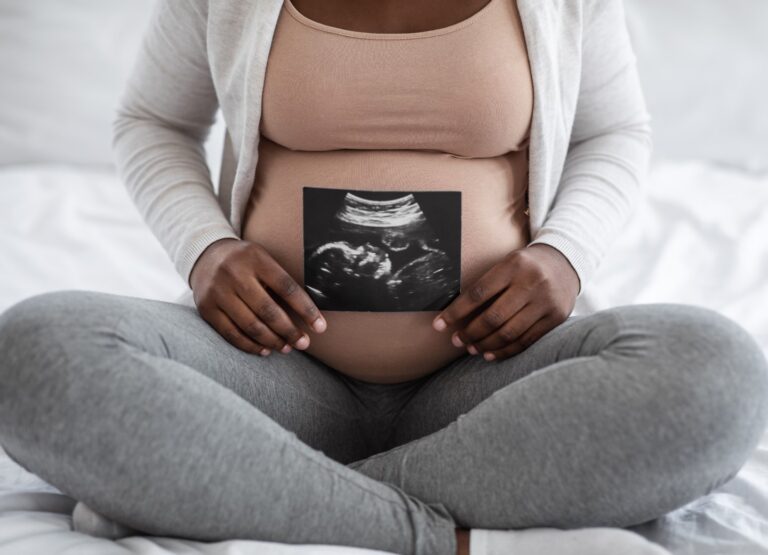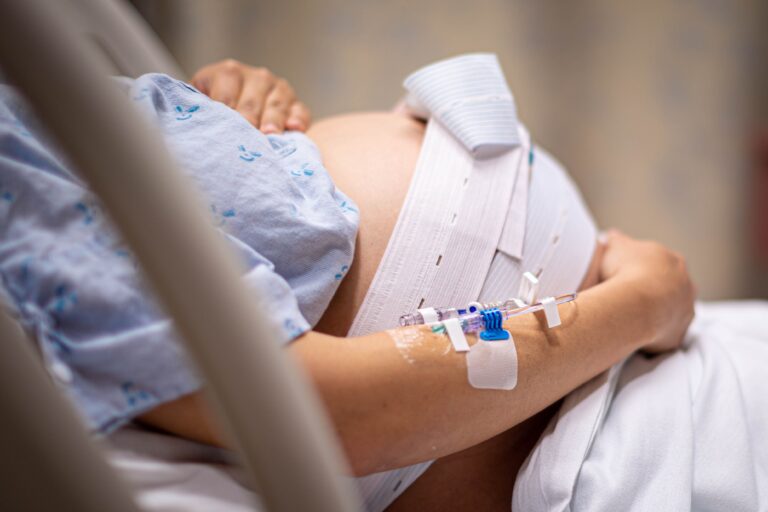Liver cancer – the facts
The liver is a large vital organ that has many functions we need to keep us healthy. It breaks down harmful substances and produces others that the body needs, such as proteins and bile. It also helps the blood to clot and helps the body convert fat to energy.
Liver cancer is relatively rare in the UK, although rates are increasing. The majority of people diagnosed with liver cancer are more than 55 years old. However, you are more likely to suffer with liver cancer if you have liver damage (cirrhosis) already, are diabetic or have low immunity.
Symptoms of liver cancer
Often there are no symptoms in the early stages of liver cancer because the liver is able to function well even when only part of it is working. If you do have symptoms, they are vague and may be confused with other conditions:-
- Tiredness and weakness
- General feeling of poor health
- Nausea and vomiting, loss of appetite
- Loss of weight
- Pain or discomfort in the area of your liver
- Itchy skin
- Fine blood vessels on the skin in a spider pattern
- Dark urine/ pale grey stools
- Loss of libido
Seeing your doctor
If you suffer from any of these symptoms for more than a few days, then you should first visit your GP. Here, you will be asked about your symptoms and if they think you need further tests, you will be sent to hospital.
If you already have liver damage (cirrhosis) you may already be seeing a specialist liver doctor in hospital and go straight to them.
At hospital you will be examined and have blood tests to find out if your liver is working properly. You may have an ultrasound scan, an MRI scan or CT scan. If an abnormality is found, you may have a biopsy carried out, although this is not advised in all cases. You may have a laparoscopy so that a doctor can look at your liver directly using a camera.
If the tests show that you have liver cancer, you will need further tests to see if the cancer has spread. The wait for any such test results is likely to be a difficult time for a patient and their loved ones.
Is liver cancer curable?
The outlook for liver cancer patients depends on how early the cancer is caught, with an earlier diagnosis offering a higher chance of recovery. If detected early on, there is a chance that it can be cured. Unfortunately, it’s not usually possible to cure liver cancer if it’s only caught in the later stages. At this point, your doctor will only be able to offer treatment to slow the progression of the disease and ease your symptoms. Factors such as your overall health and any underlying liver function issues can also have an impact on how quickly the disease progresses.
The chances of living after a liver cancer diagnosis depends on the severity of the cancer and how far it’s spread in your body. Doctors use a staging system to diagnose the cancer and its severity. In the UK, specialists normally use one called the Barcelona Clinic Liver Cancer (BCLC) staging system diagnosing the cancer a stage 0, A, B, C or D, with stage 0 at the more minor end and stage D the most severe. A similar staging system is used with other types of cancer, such as lung cancer and cervical cancer.
According to Cancer Research, with treatment, the chances of living for at least five years after a liver cancer diagnosis are 70-90% in Stage 0 and 50-70% in Stage A. In Stage B, the median survival is 20 months, in Stage C it is between 6 and 11 months, and in Stage D it is less than 4 months.
Liver cancer misdiagnosis
Unfortunately, the majority of liver cancers are diagnosed at a late stage. The outlook is best for those who can have the cancerous part of their liver removed, or are able to have a liver transplant.
The earlier that liver cancer is diagnosed, the smaller the tumours and the better the options for treatment, so it is vital that patients are diagnosed and treated at the earliest possible point.
There may, unfortunately, be a delay in finding out about your liver cancer, for example:-
- Where you have had symptoms, and your GP doesn’t do blood tests or examine you
- An abnormal test result isn’t followed up by referral to a specialist
- A test isn’t reported correctly
If you have suffered a late diagnosis or misdiagnosis due to medical negligence, Bolt Burdon Kemp can give you the best advice and support.
We know that money will never fully compensate you for what you are going through, but getting compensation can provide you with security, and can pay for private medical treatment and the extra care that you need.


















